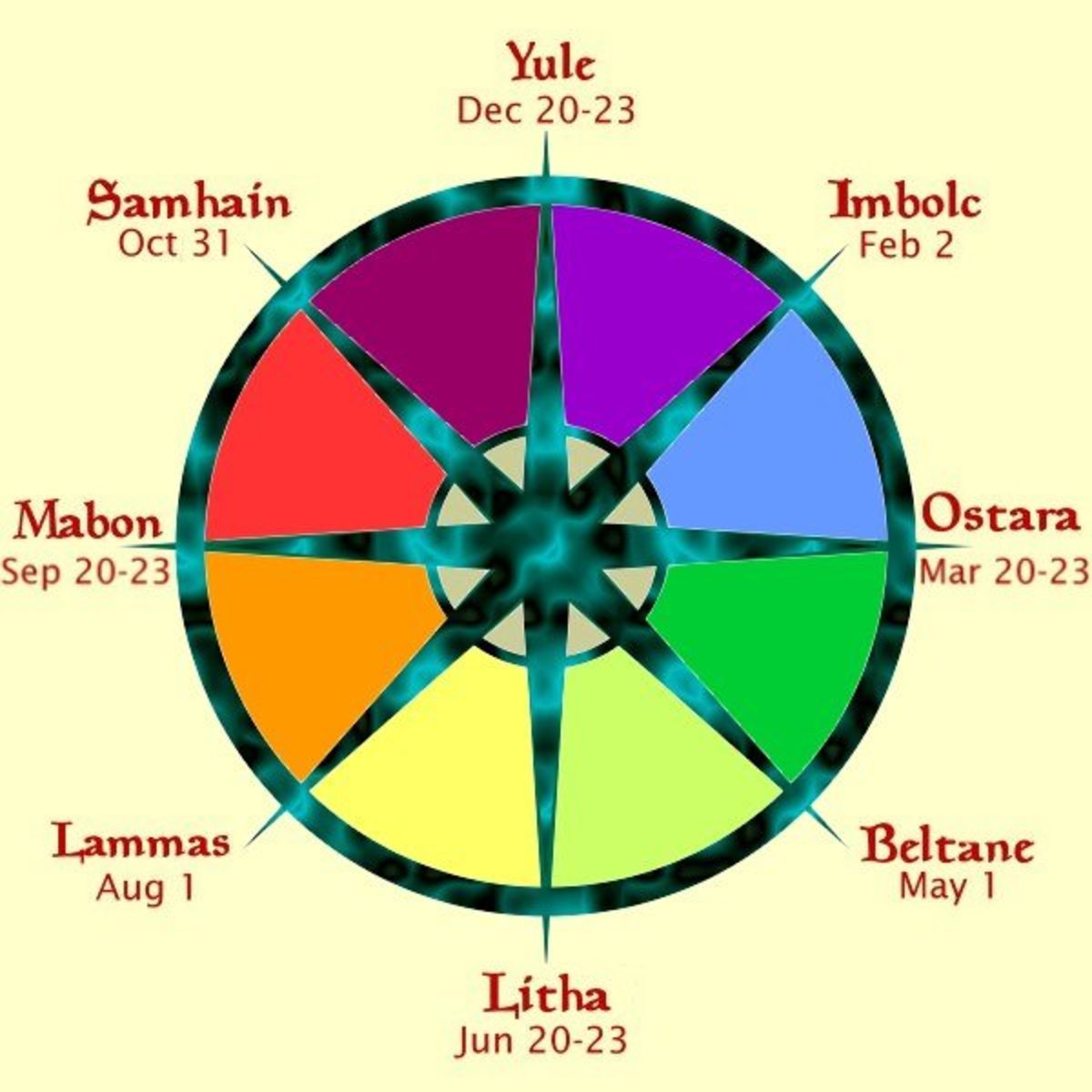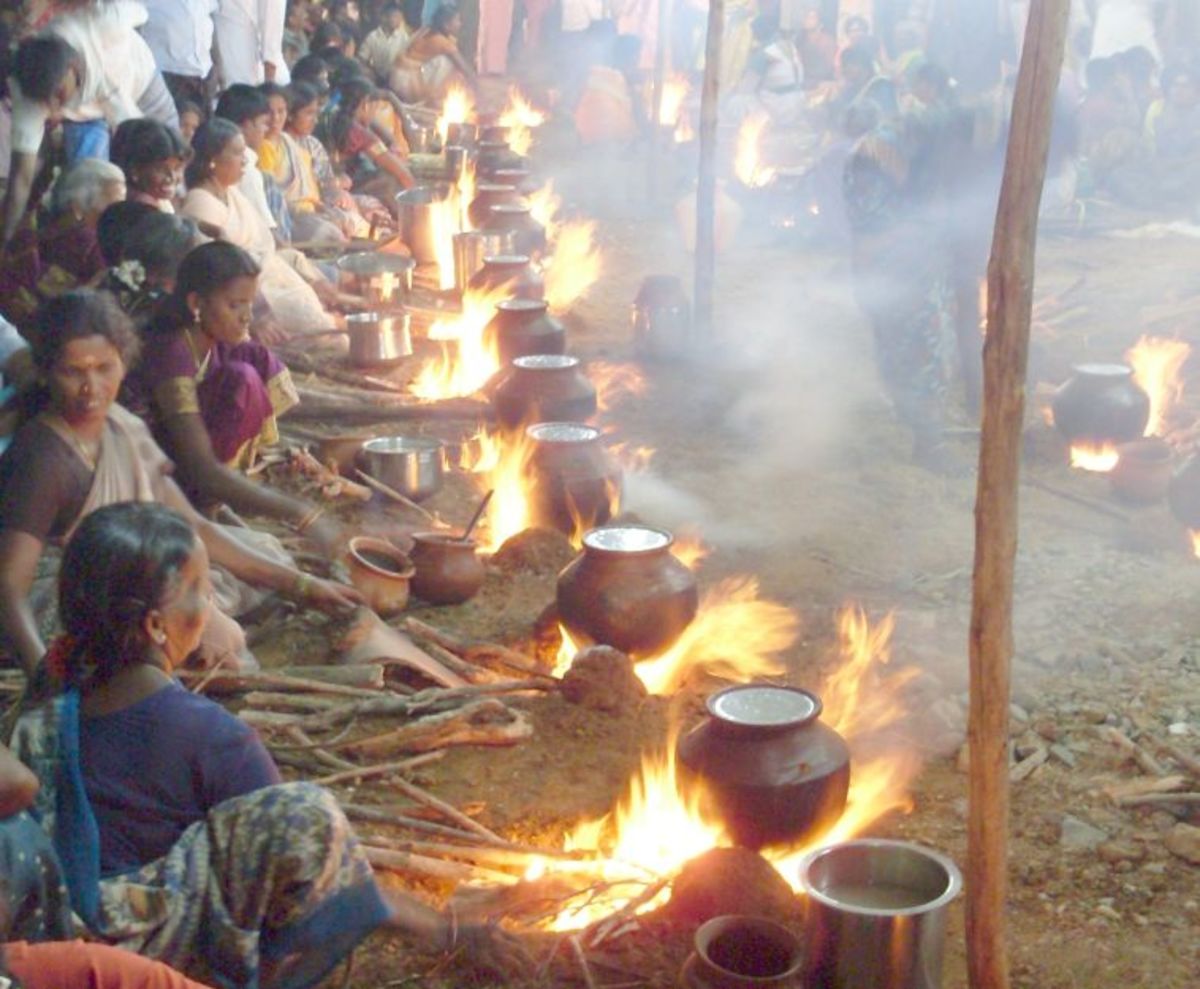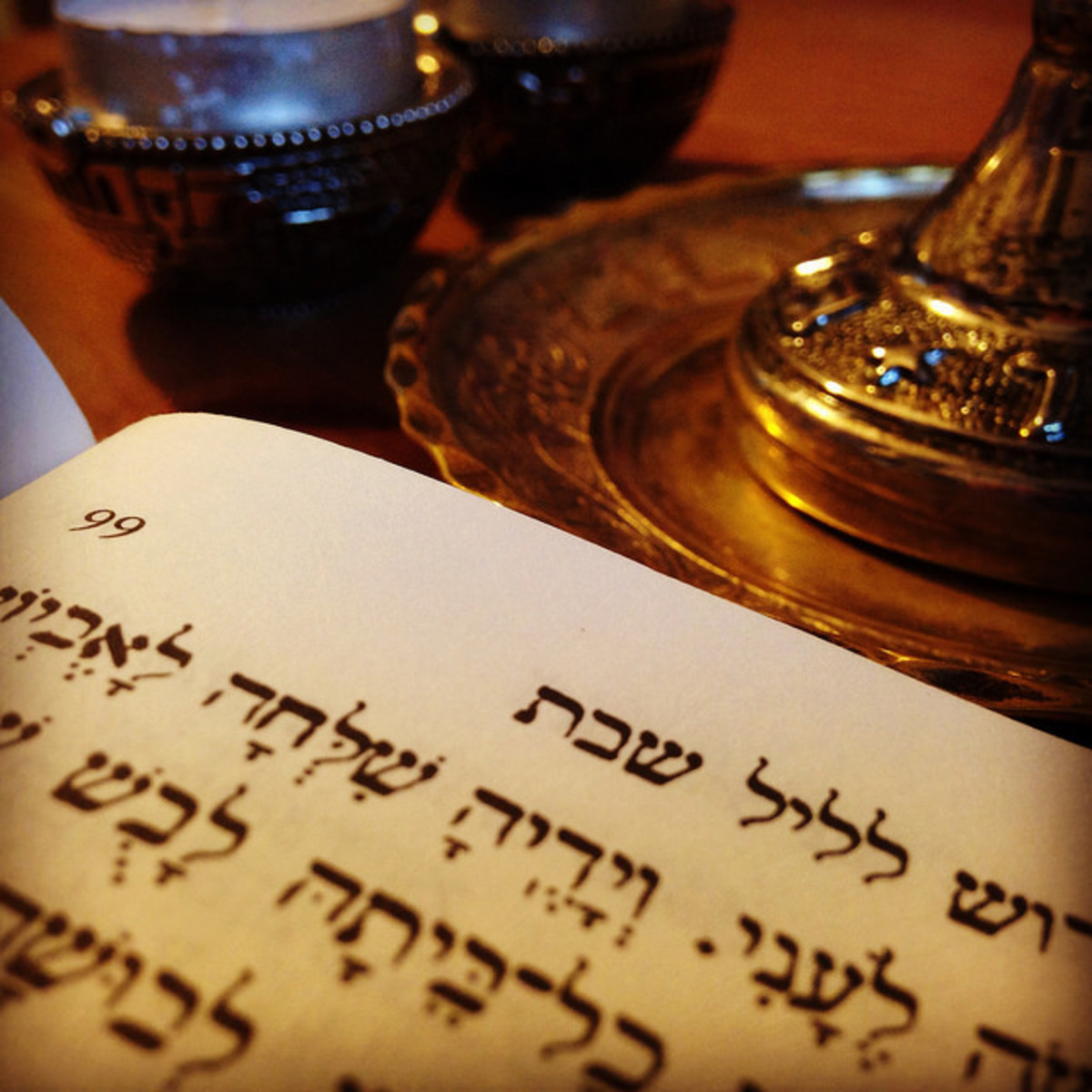The Shavuot Holiday
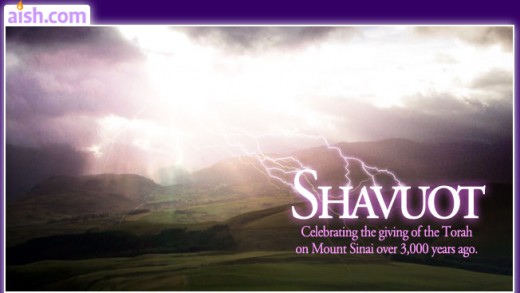

Shavuot
Shavuot is a Jewish Holiday that occurs in late May or early June. Historically Shavuot falls on the sixth day of the Hebrew month of Sivan. Shavuot celebrates the anniversary of the day God gave Moses the Torah at Mount Sinai. The Bible states that after leaving Egypt the Jewish people wandered in the desert heading to Israel. After seven weeks the Jewish people congregated at Mount Sinai where God spoke to them and gave them laws on which to govern themselves. The laws are known at the ten commandments. To the Jewish People, the laws are what make up the Torah.
To the Jewish people, God’s giving of the Torah to Moses and the Jewish People at Mount Sinai is considered a spiritual event and is described as the wedding between God and the Jewish People. Shavuot symbolizes the oath taken by God and the Jewish people to give each other everlasting loyalty and devotion.

When Shavuot Happens
The date of Shavout is directly linked to Passover. The Torah mandates that beginning on the second day of Passover, the Counting of Omer begins. The word Shavuot literally means “weeks.” As the Torah does not specify the actual date God gave Moses the Torah, historically there have been differing and competing theories on what date the Shavuot falls on. Some believe Shavuot occurs on the actual day the Torah was given to Moses and others believe it occurs the 50thday from the start of the Counting of the Omer.
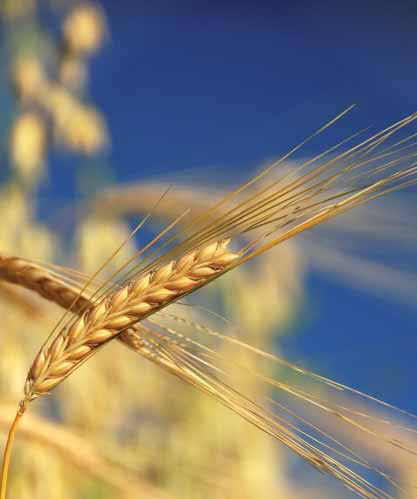
Harvest Festival
In addition to its significance as the day God gave the Torah to the Jewish people at Mount Sinai, Shavuot is also connected to the grain harvest. In ancient times, the grain harvest lasted seven weeks. Barley was harvested during Passover and wheat was harvested at Shavuot. Historically, Shavuot included a festival where loaves of bread made from the wheat harvest were offered to God.
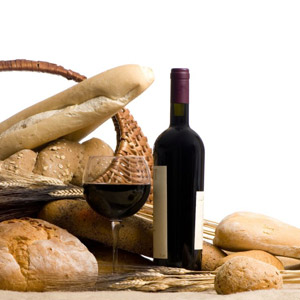
Shavuot Today
Today, Shavruot is celebrated by the observance of historical customs. Unlike other traditional Jewish Holidays, there is no prescribed method of celebration found in the Torah and thus there is no abstention from work, special prayers or holiday meals prescribed. However, during Shavuot, some of the customs observed are engaging in all-night Torah study, the reading of a liturgical poem during morning synagogue services, the serving and eating of dairy products like milk and cheese, decorating of homes and synagogues with greenery and the reading of the Book of Ruth.
Related Articles
- Jewish Holiday Purim and why it is special, also the recipe of Purim cookies (hamantashen or Haman's
All holidays of a Jewish calendar are connected with Bible. Some of them are strictly religious, others are less. As for our family, some holidays we do celebrate traditionally, some we don't. Purim is our...



